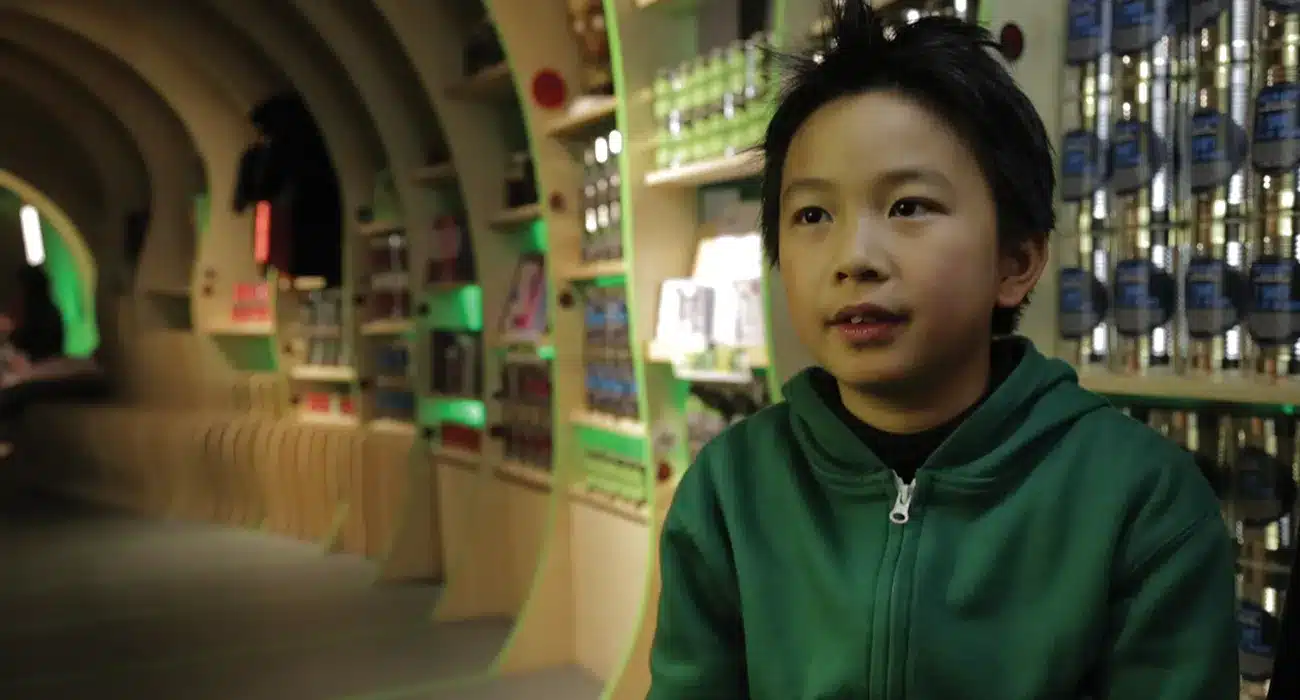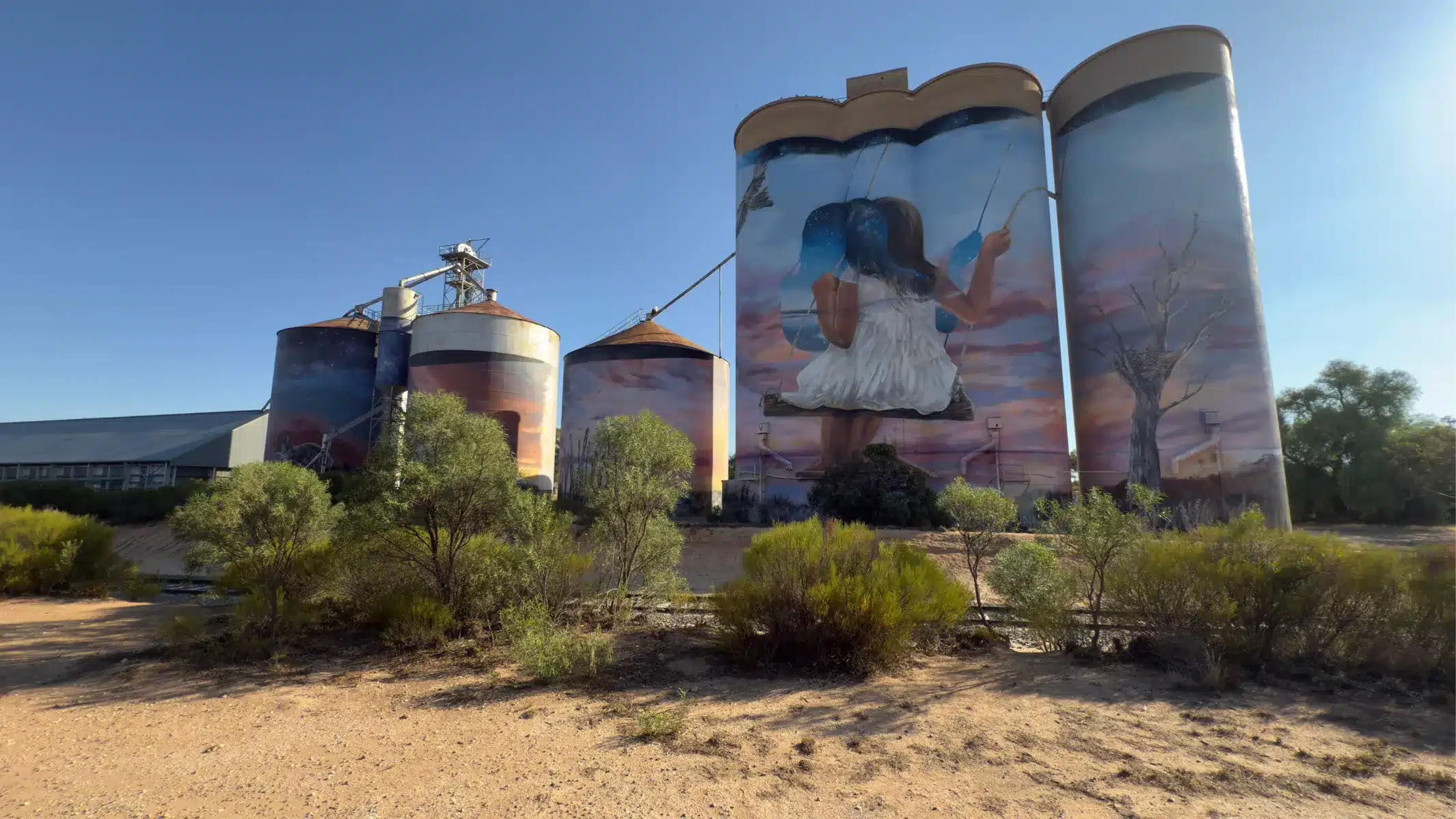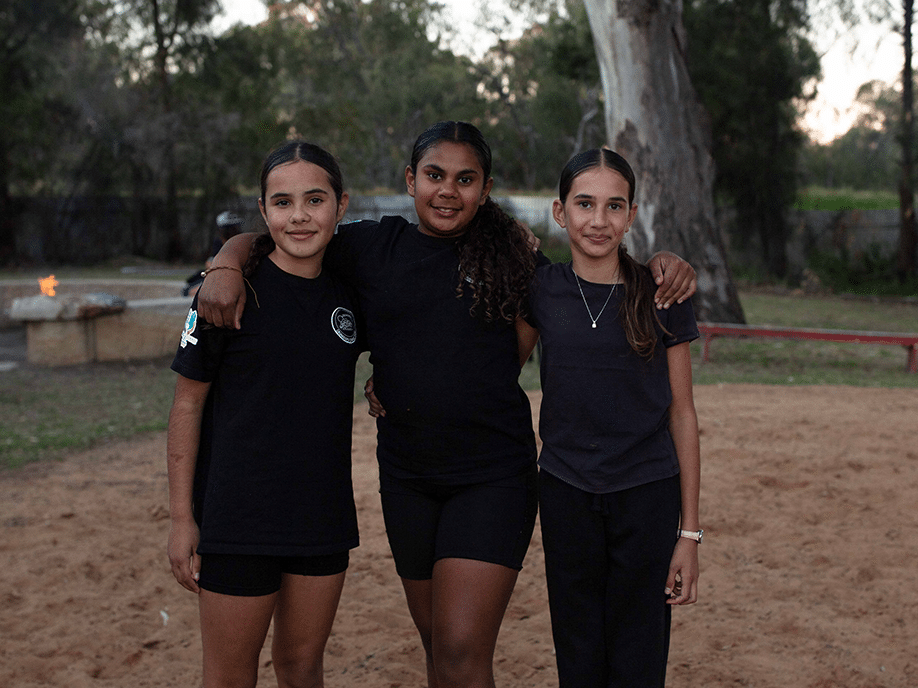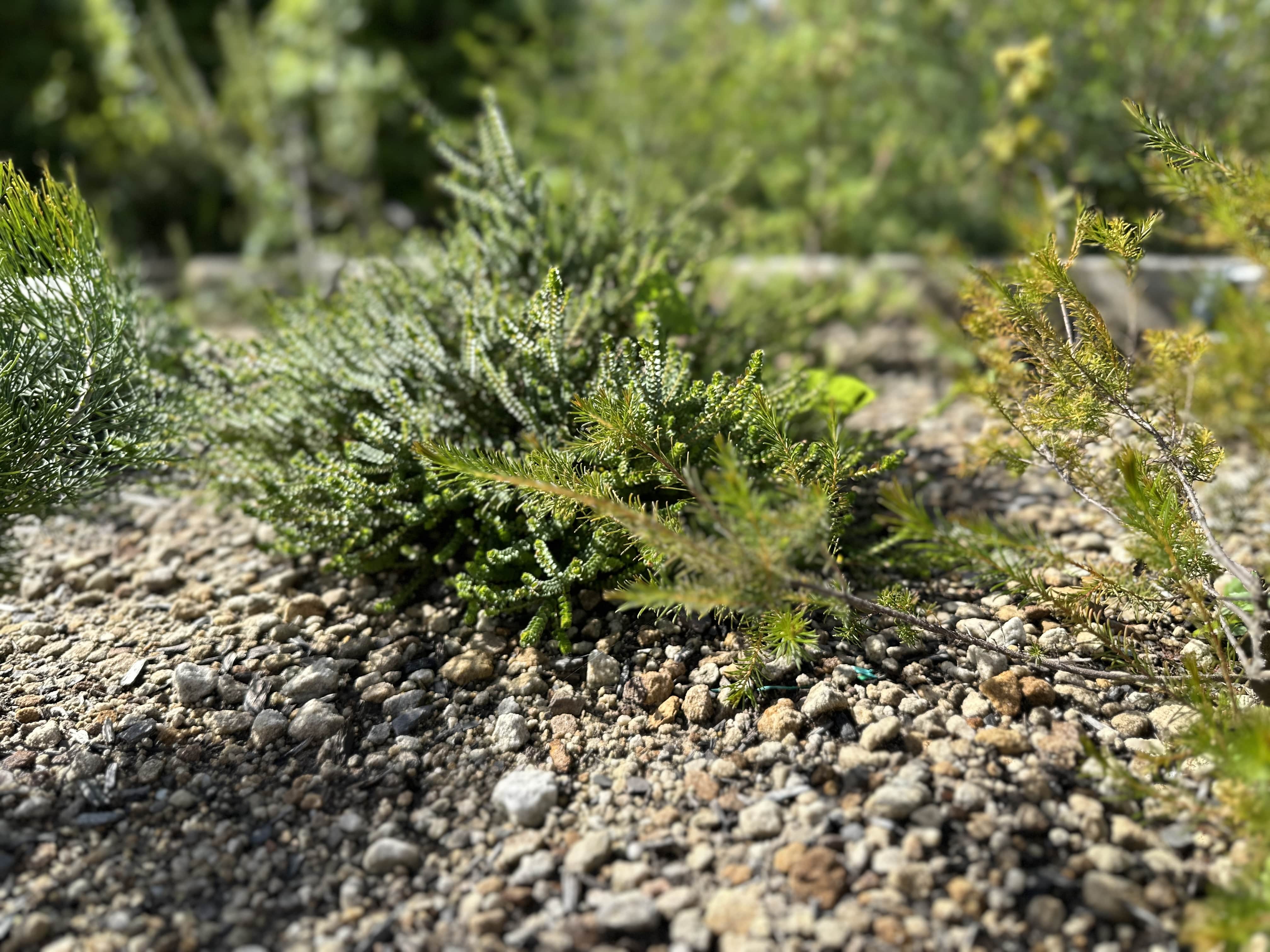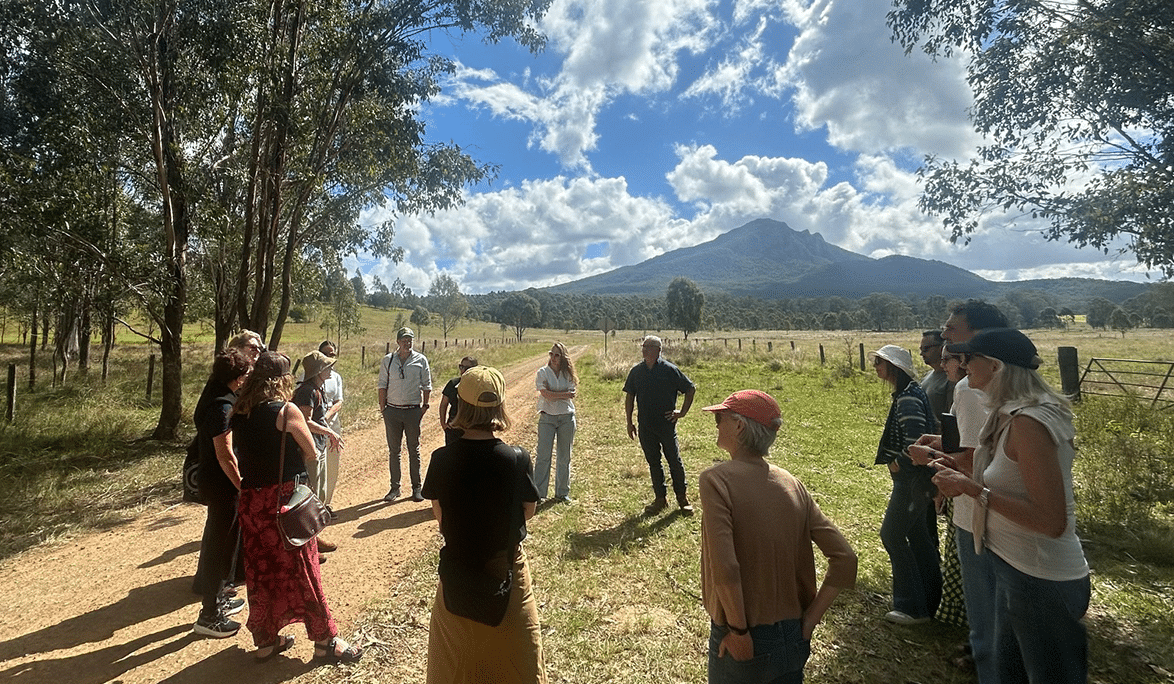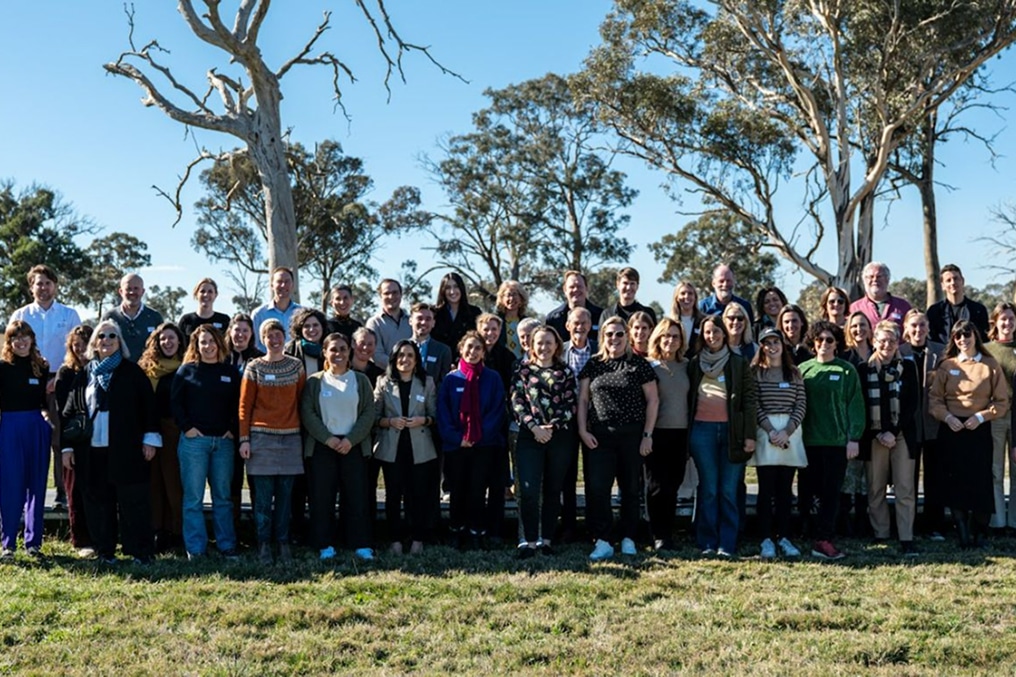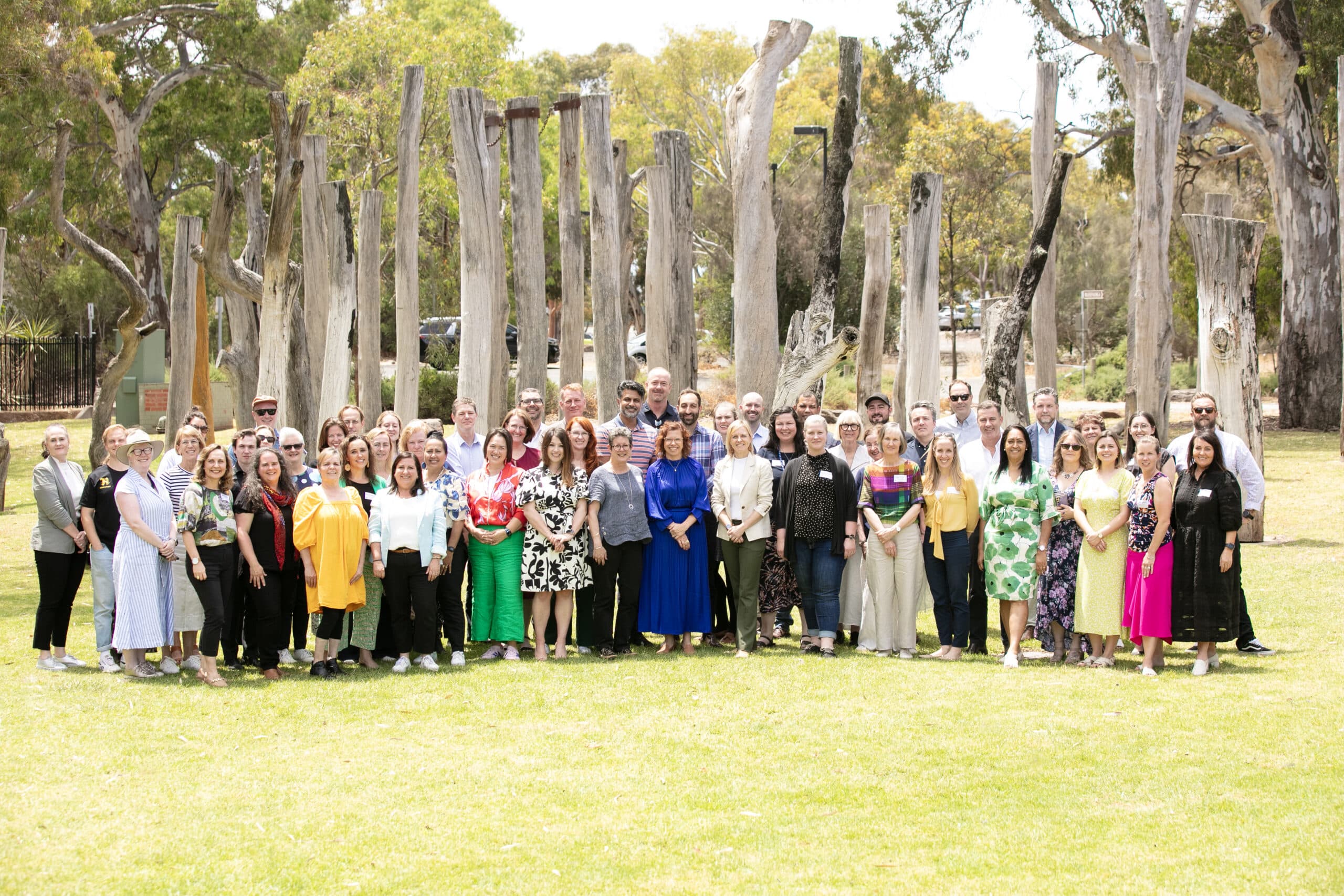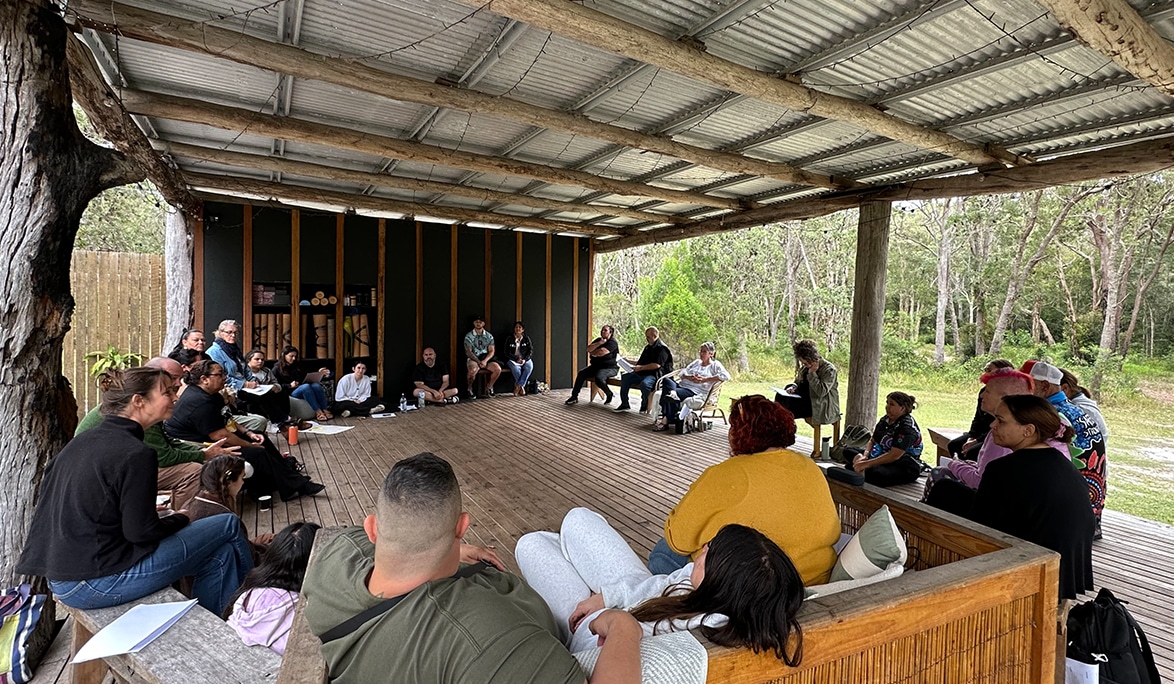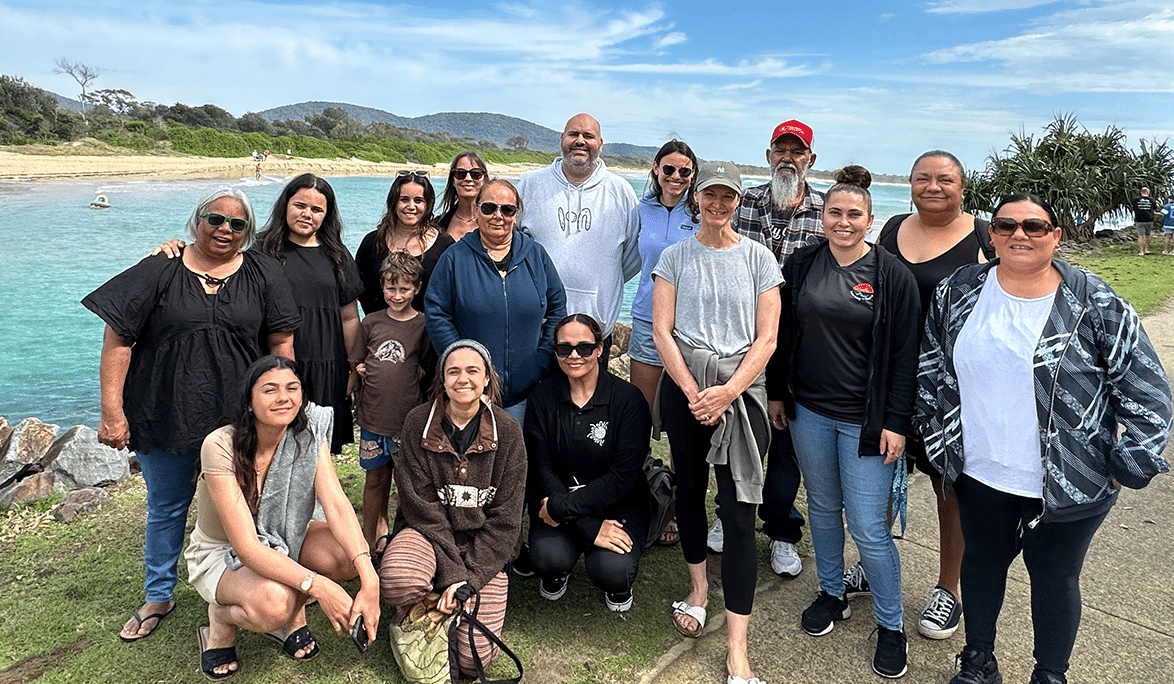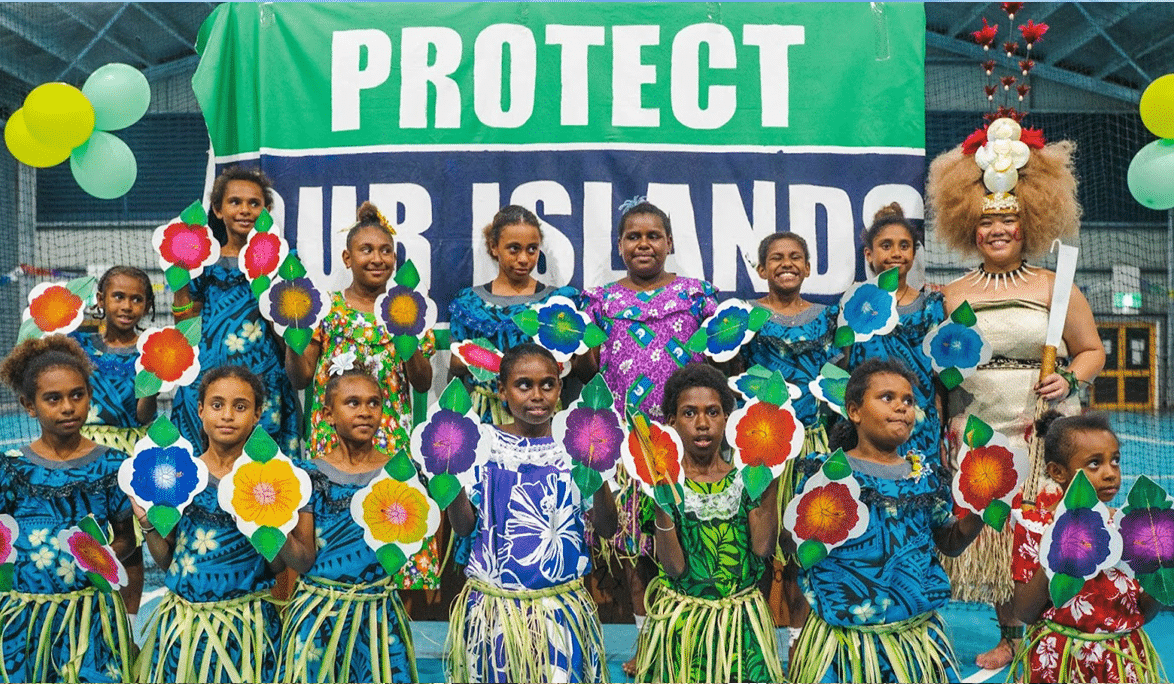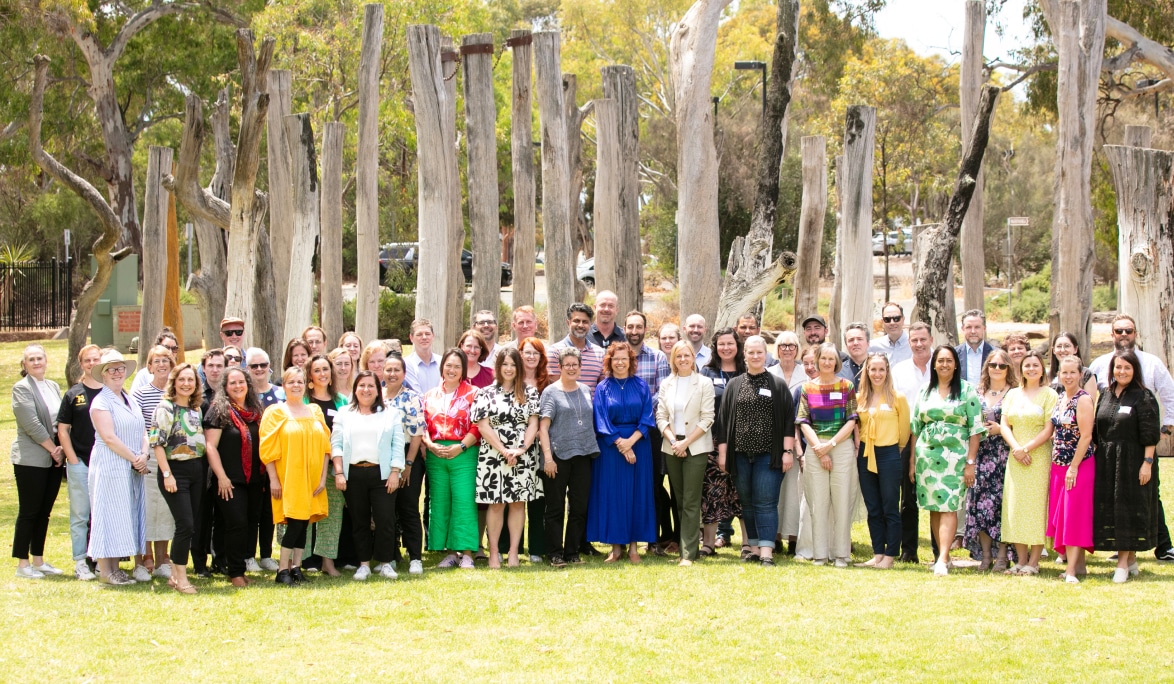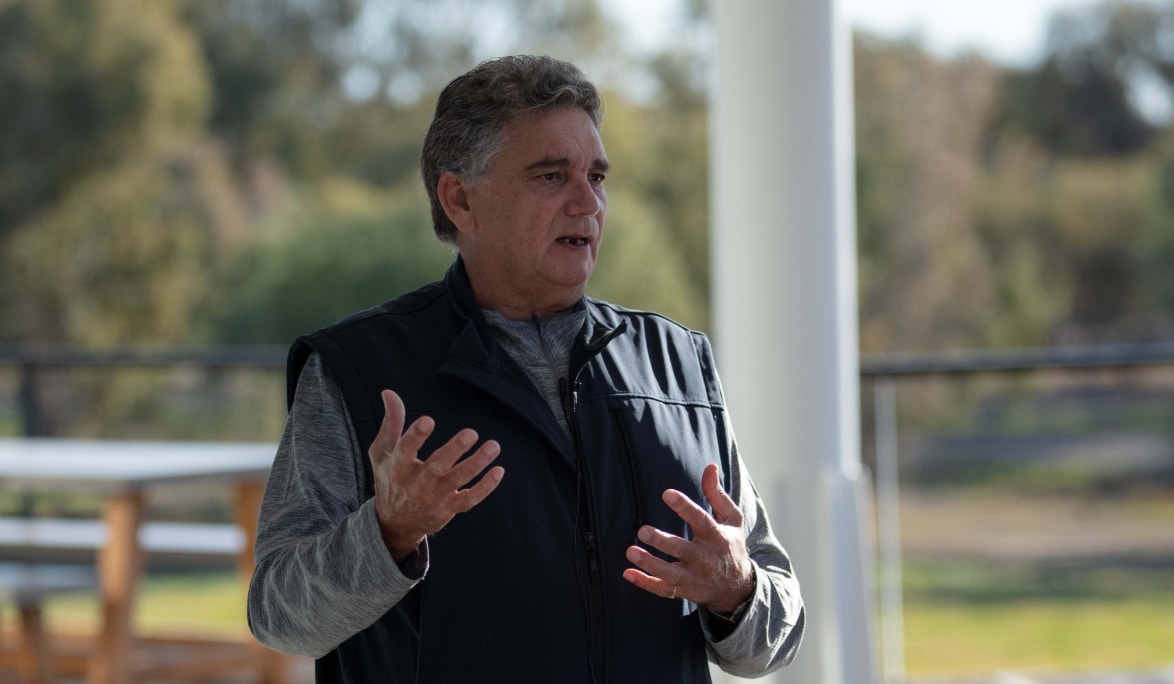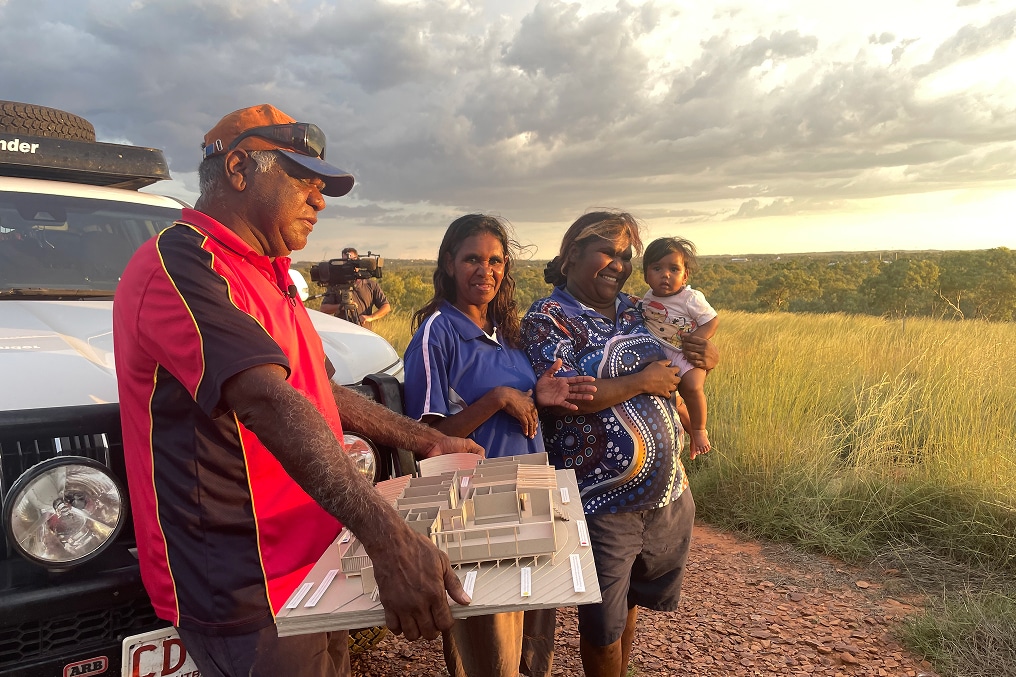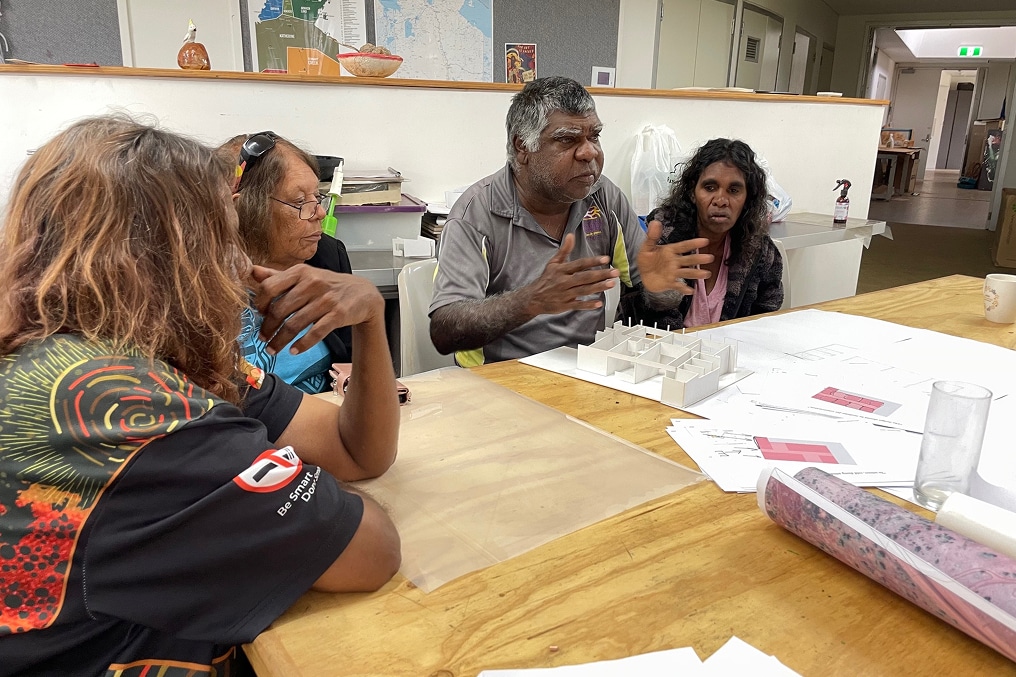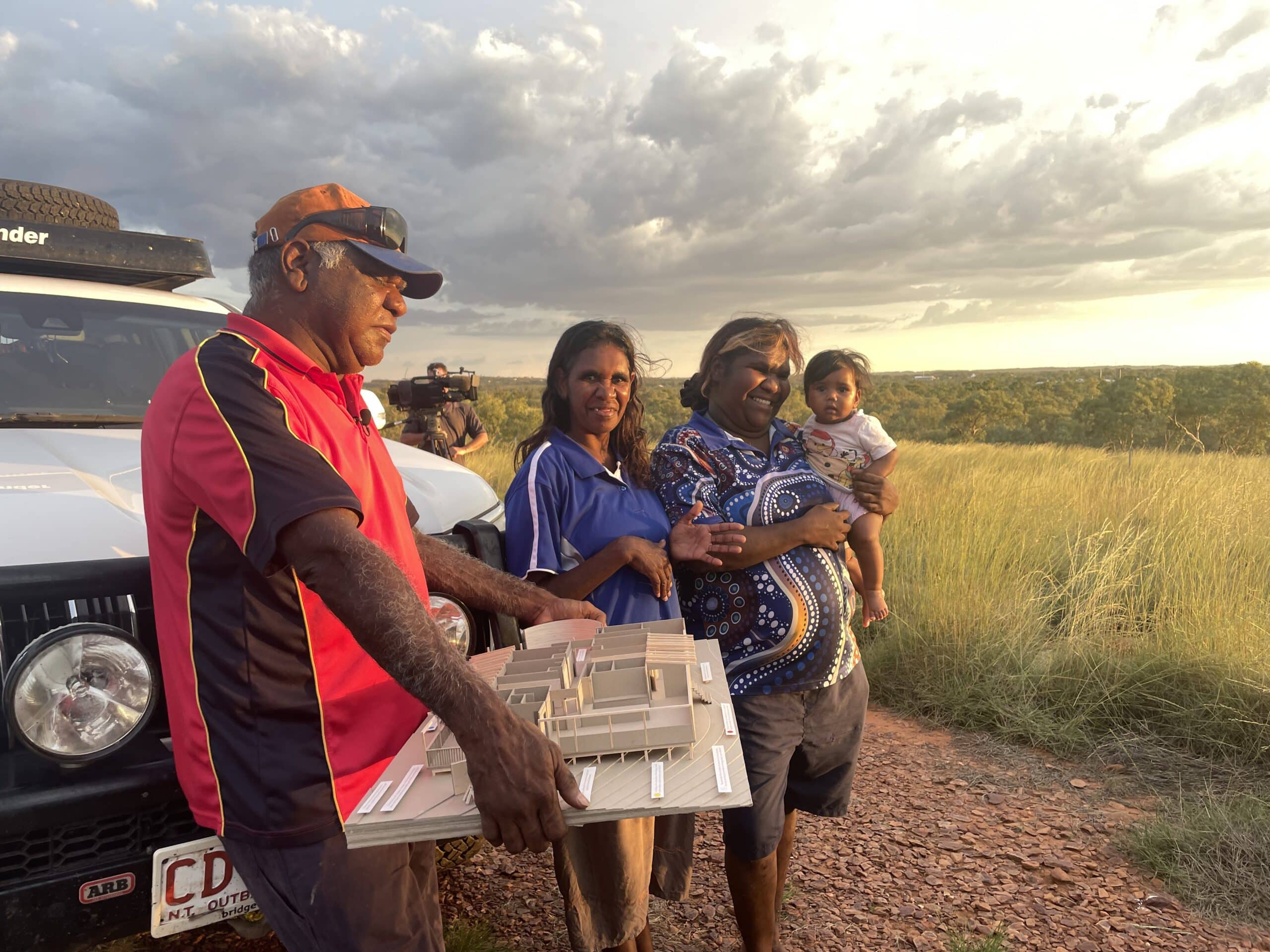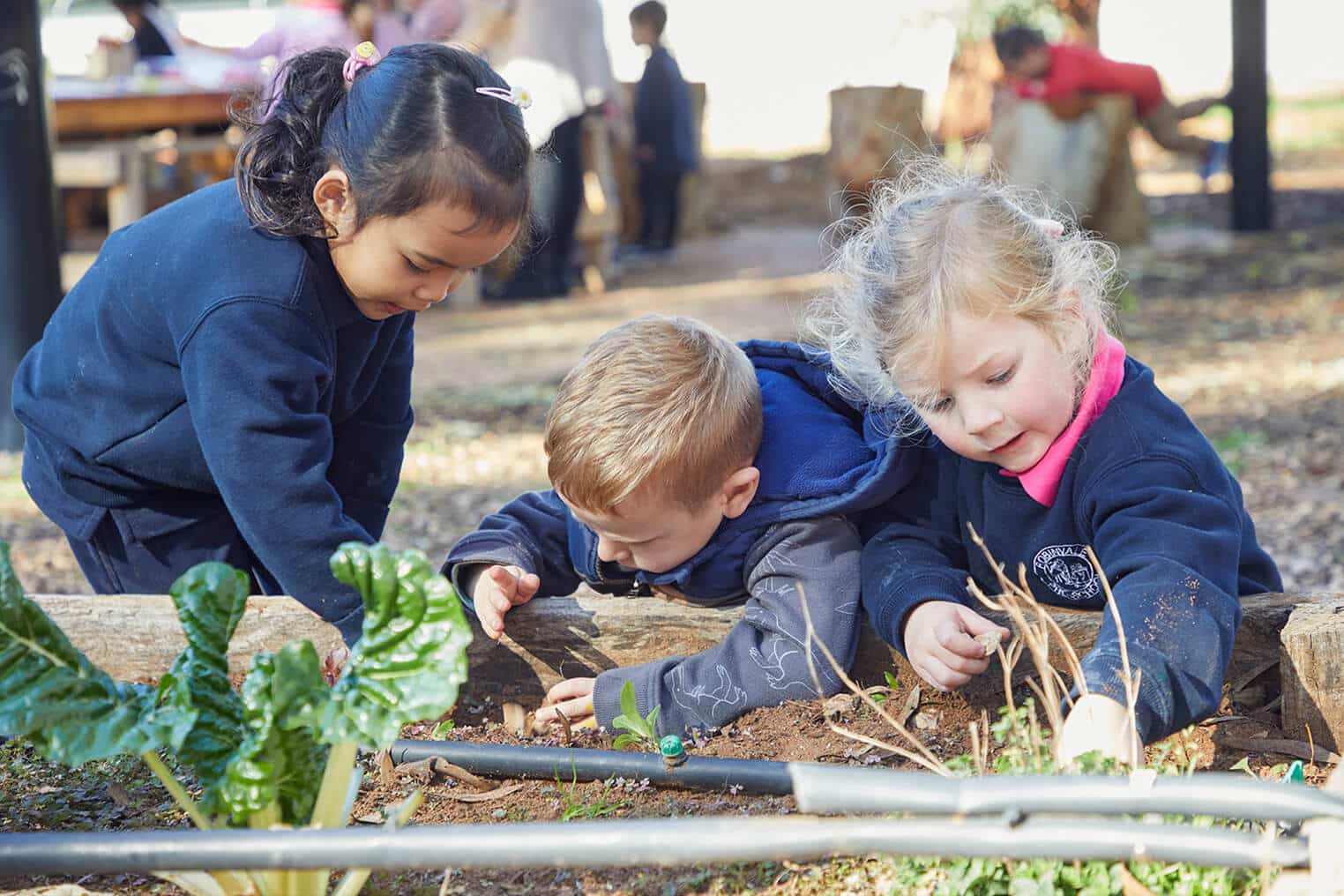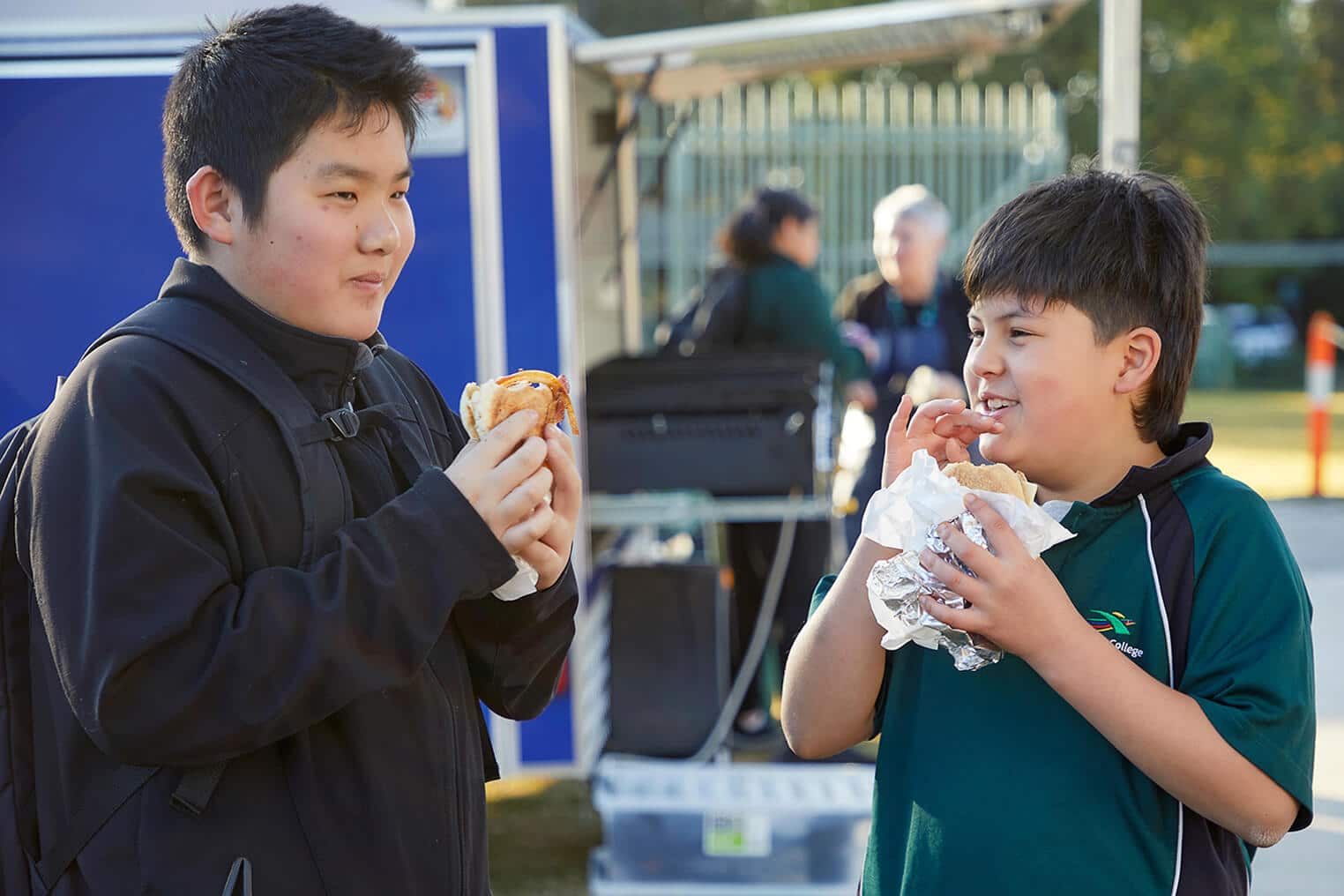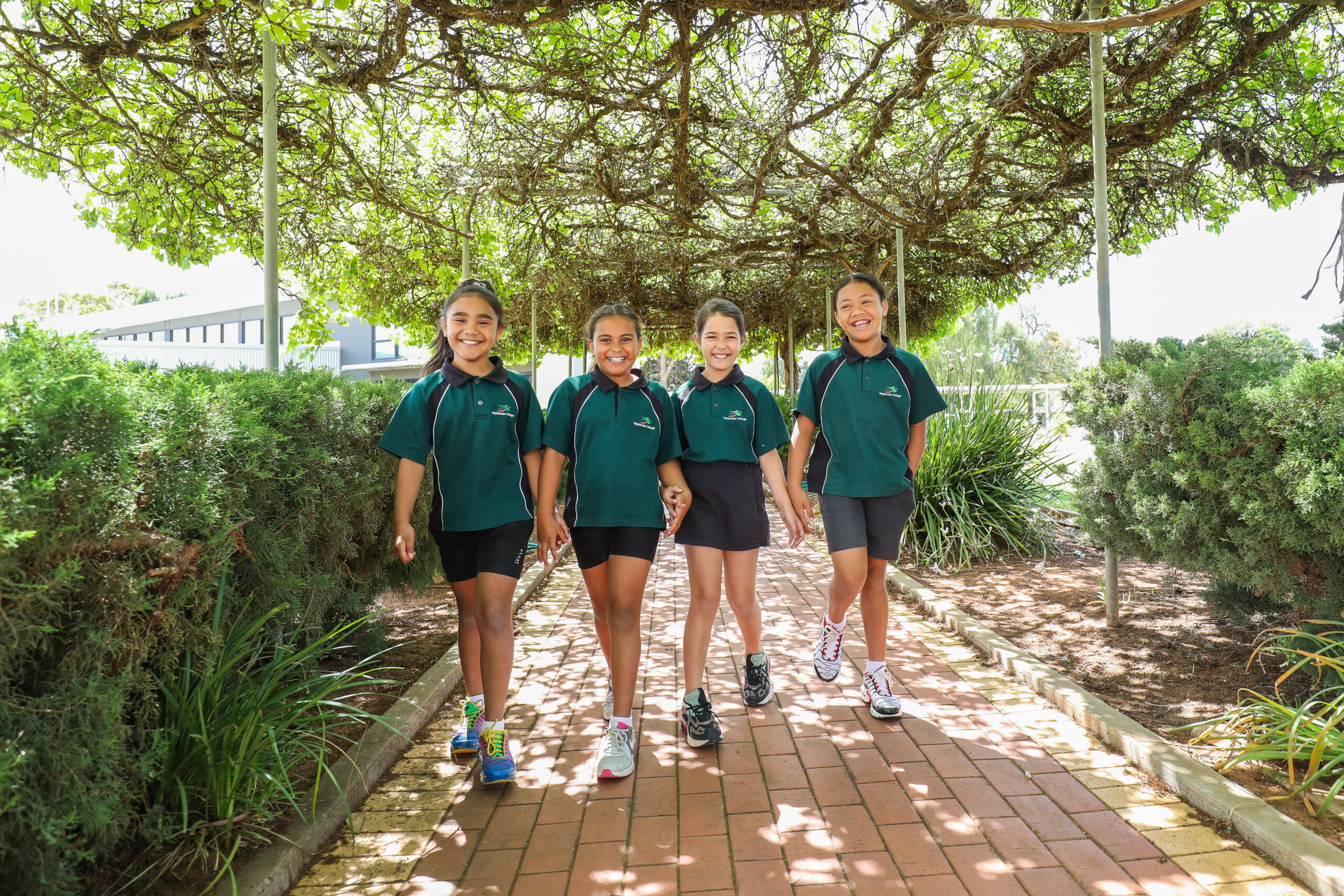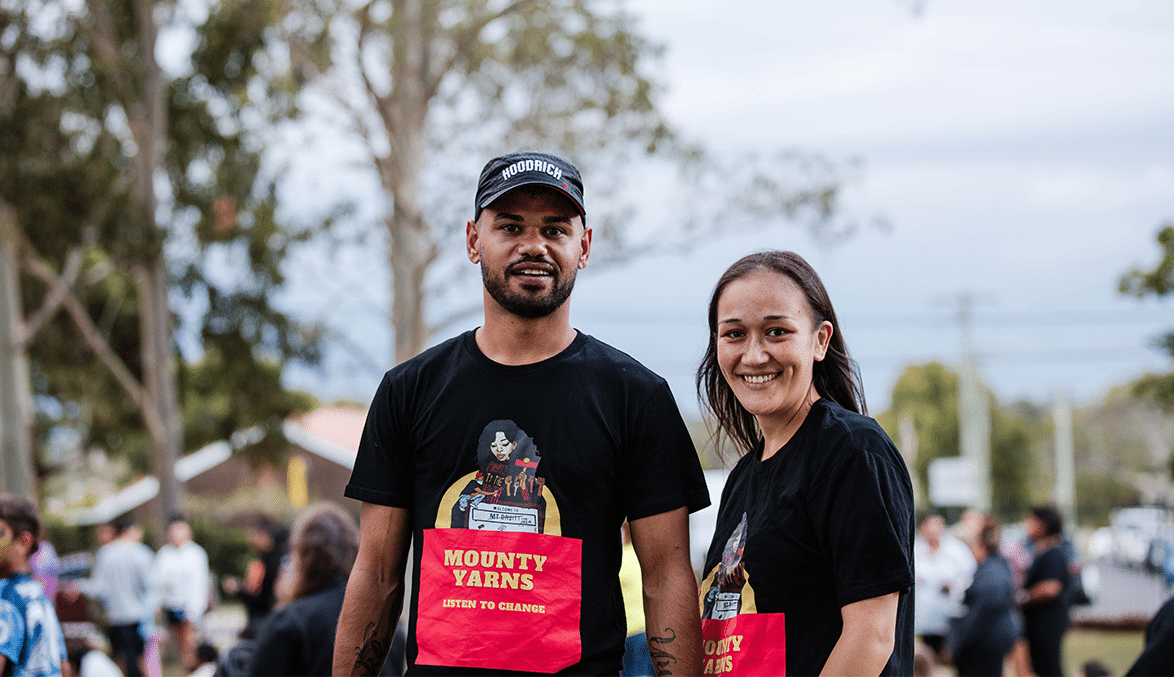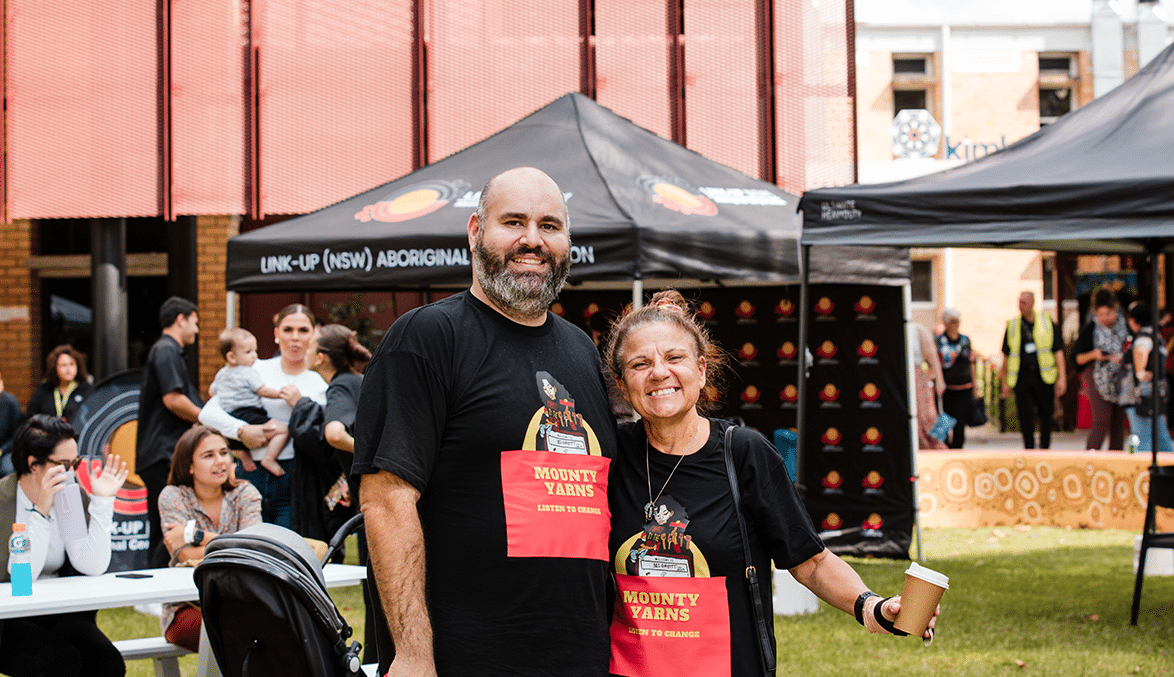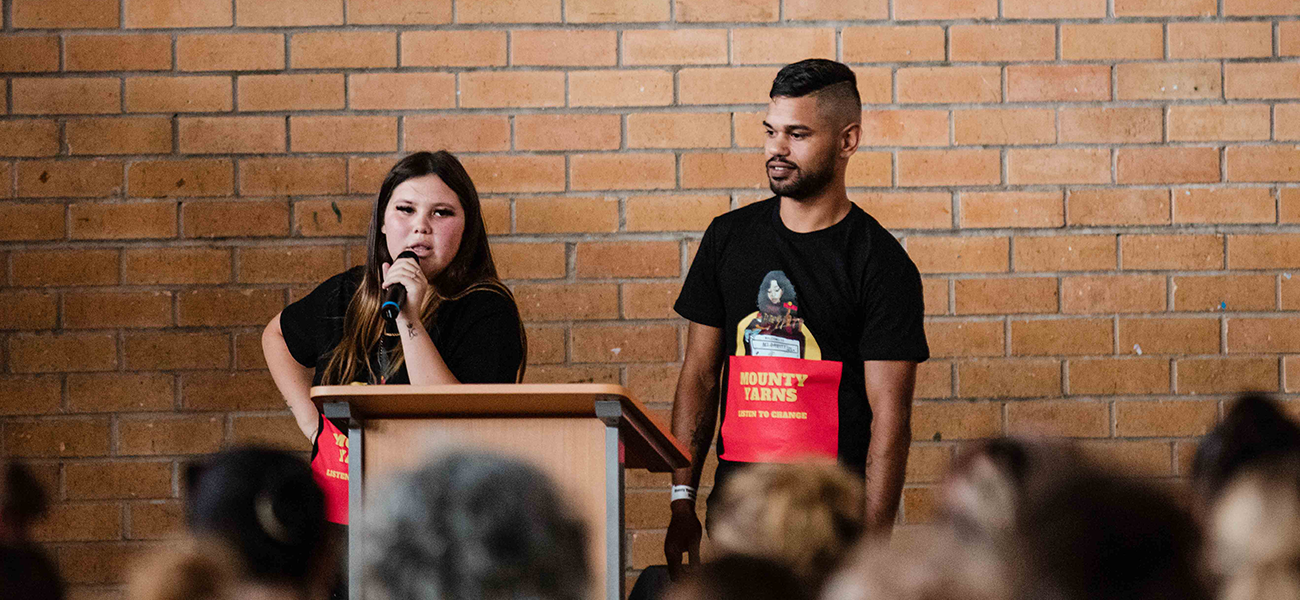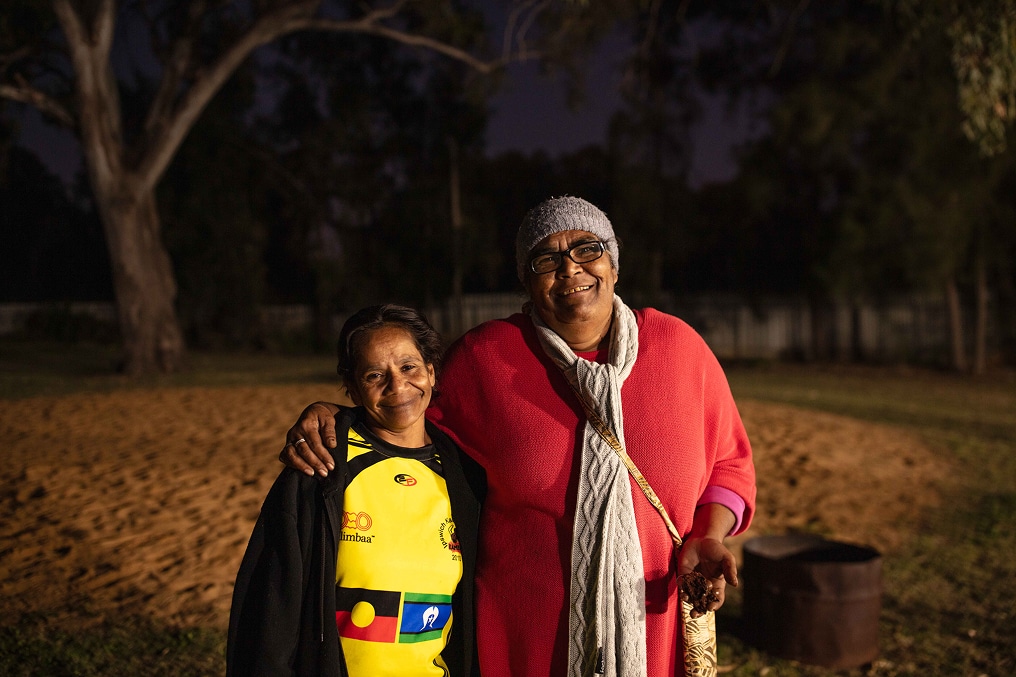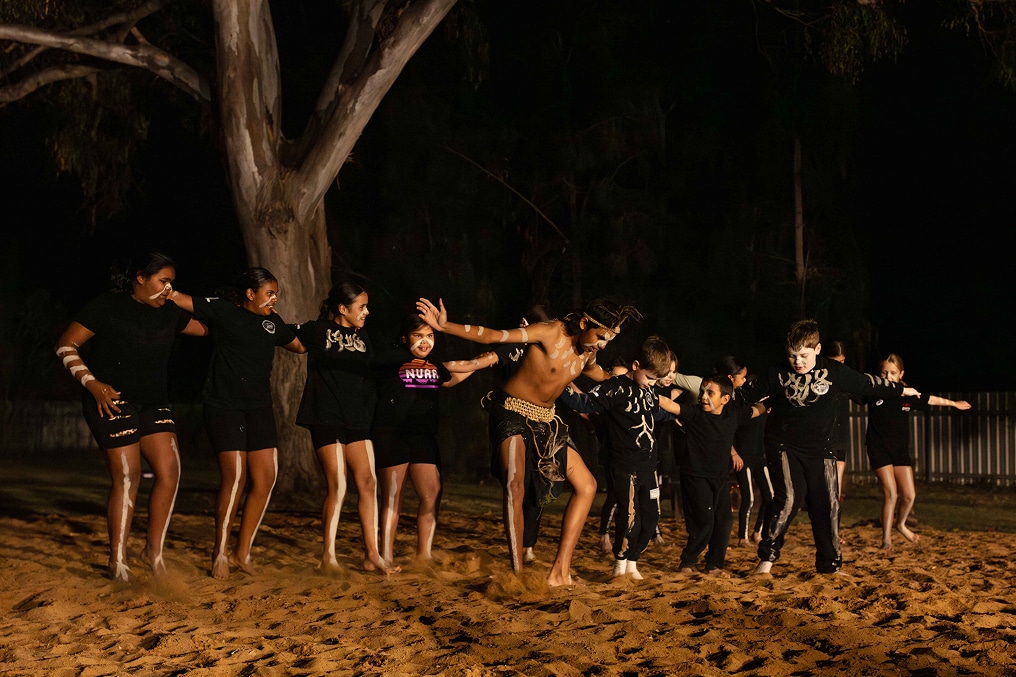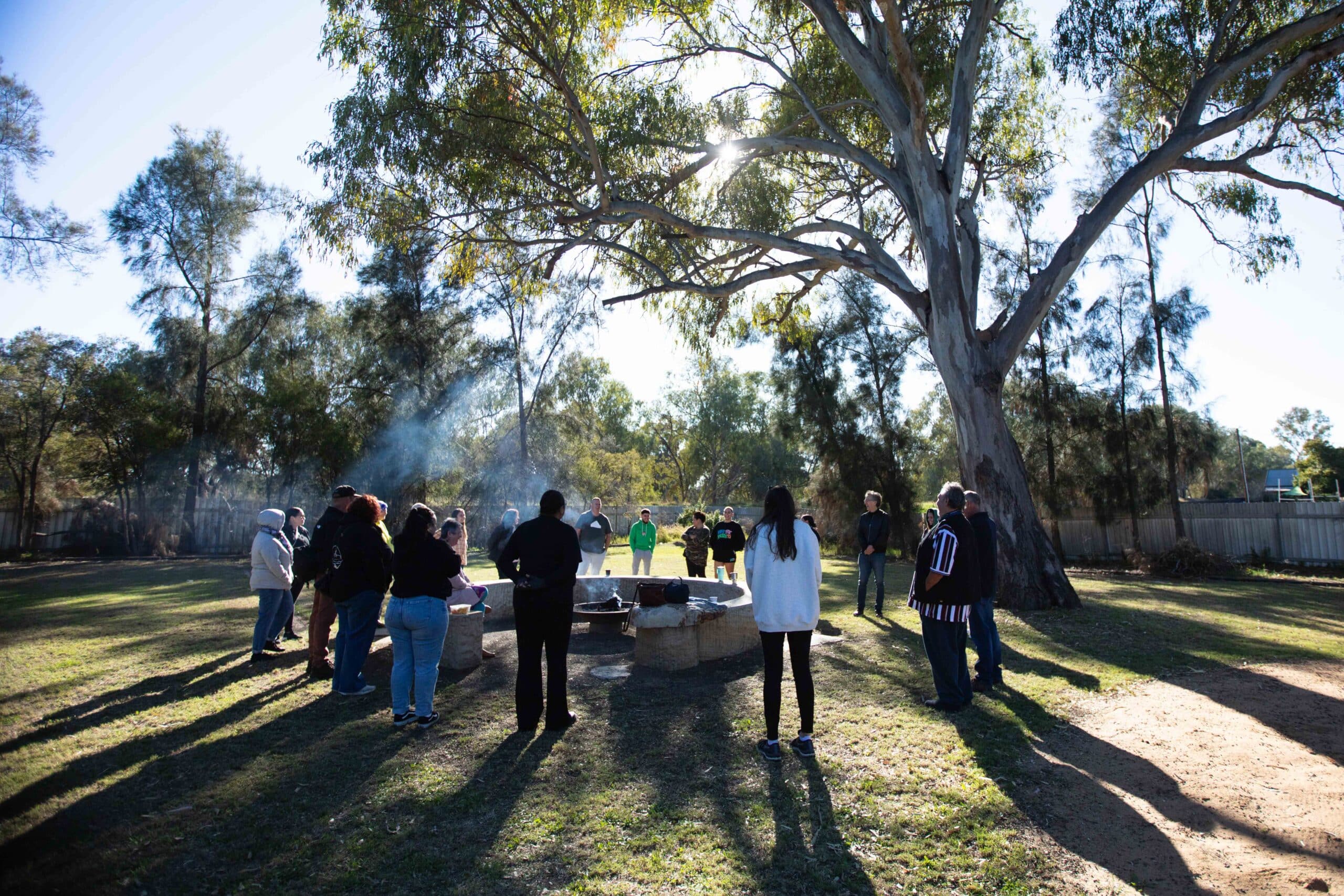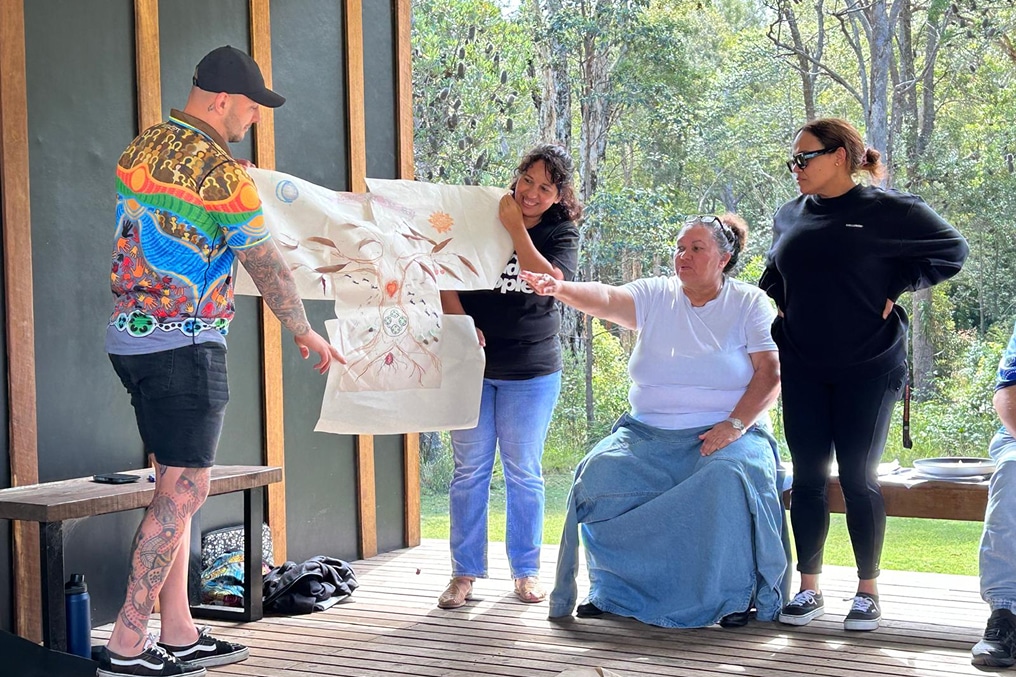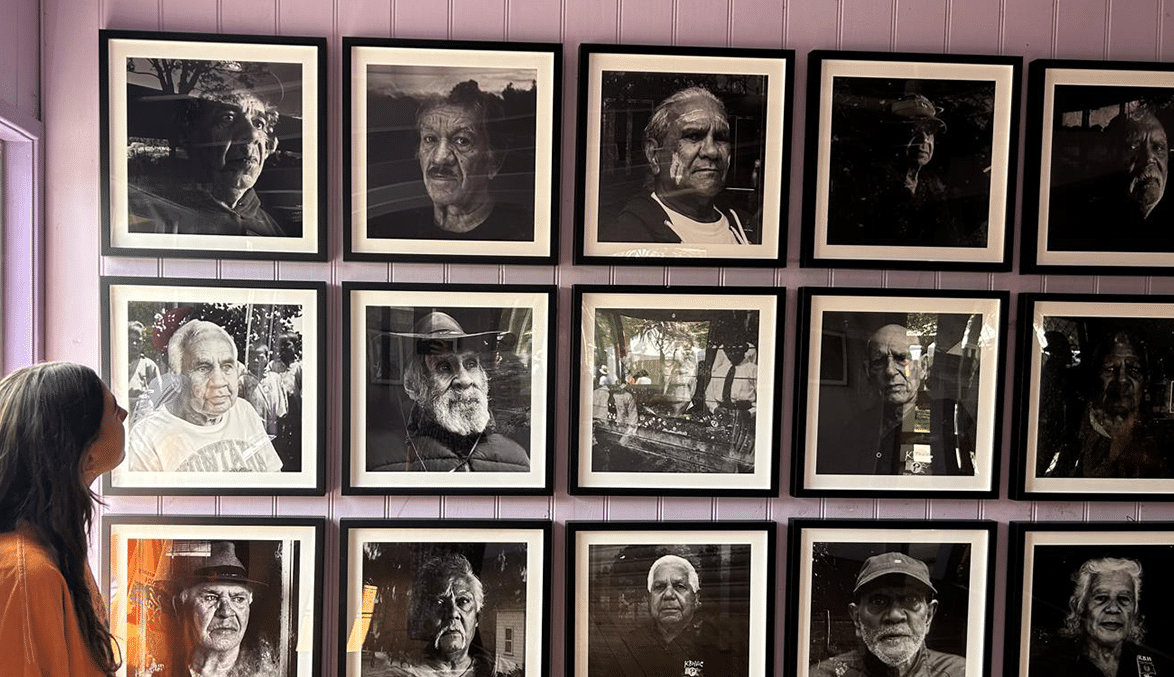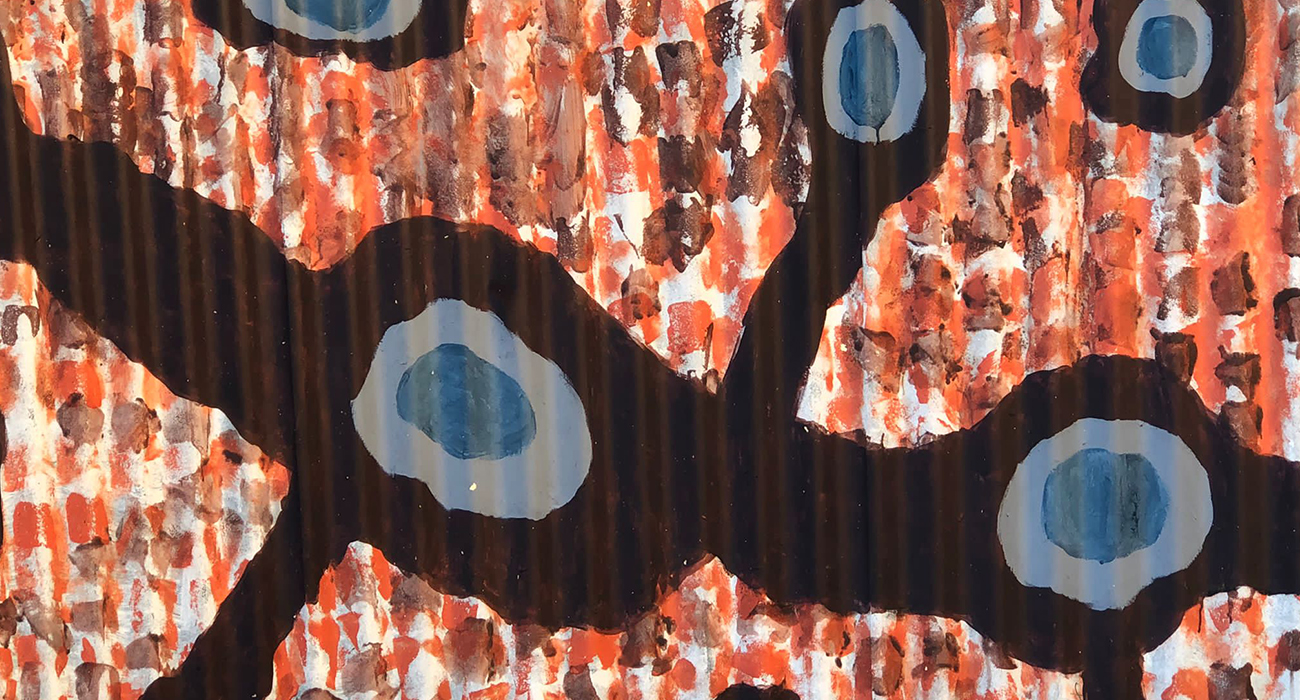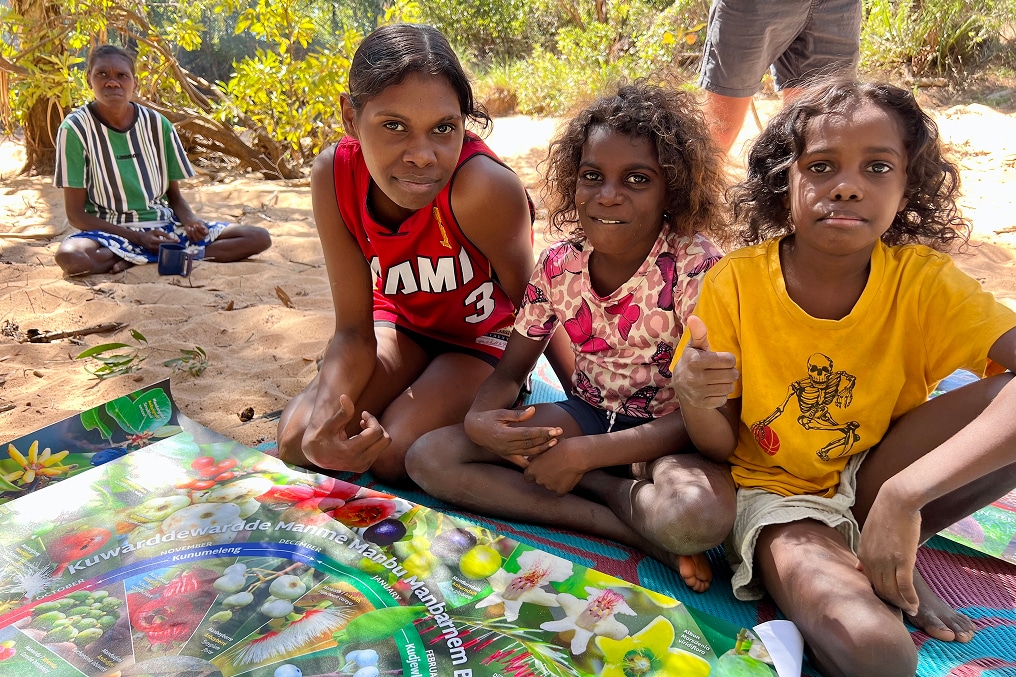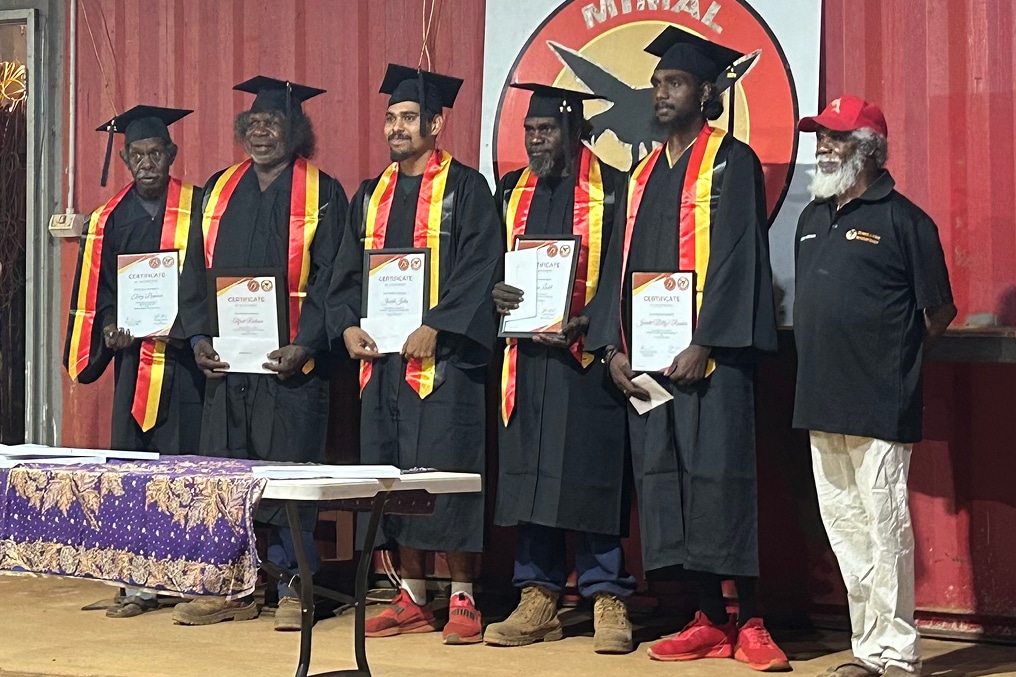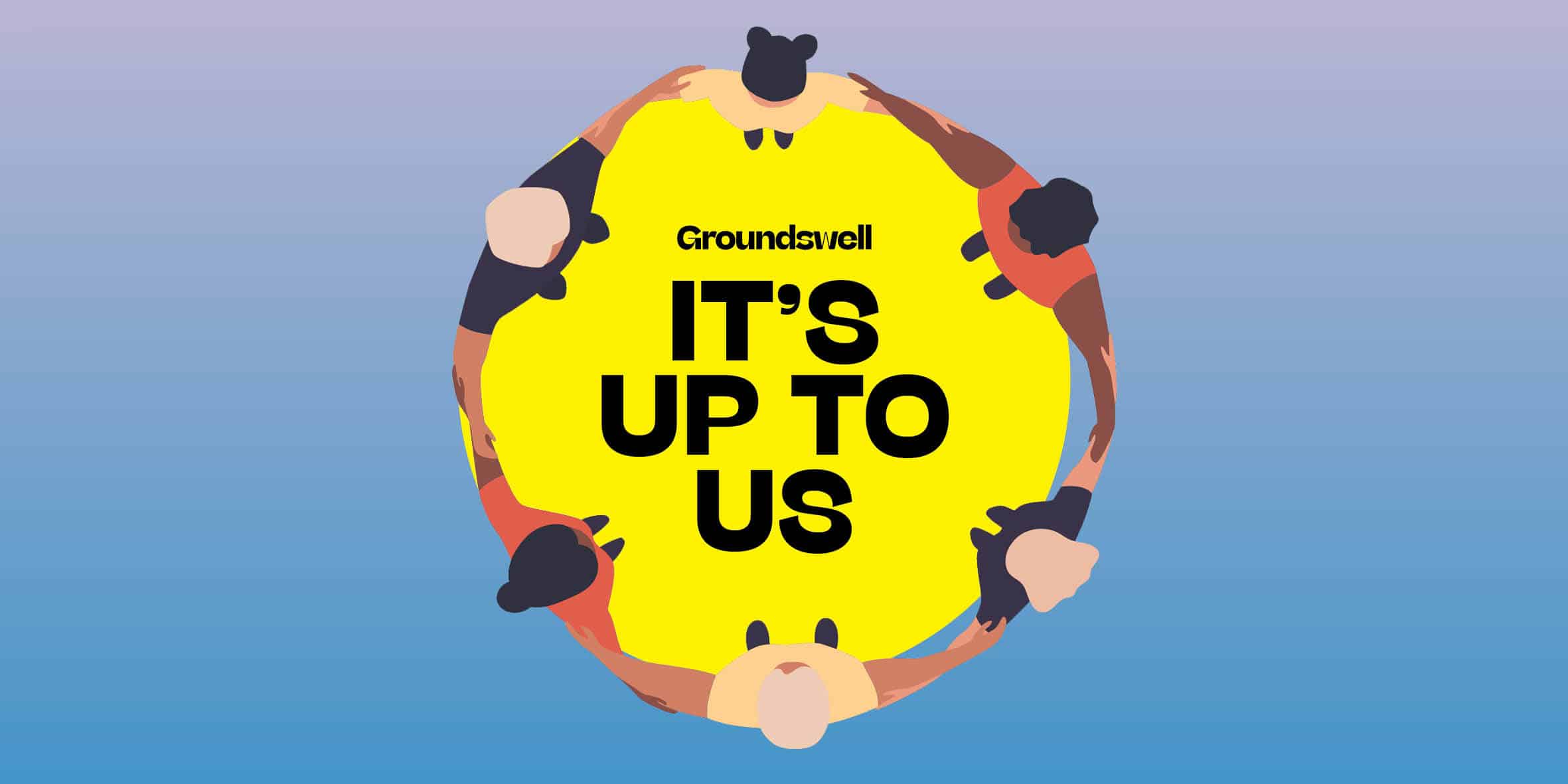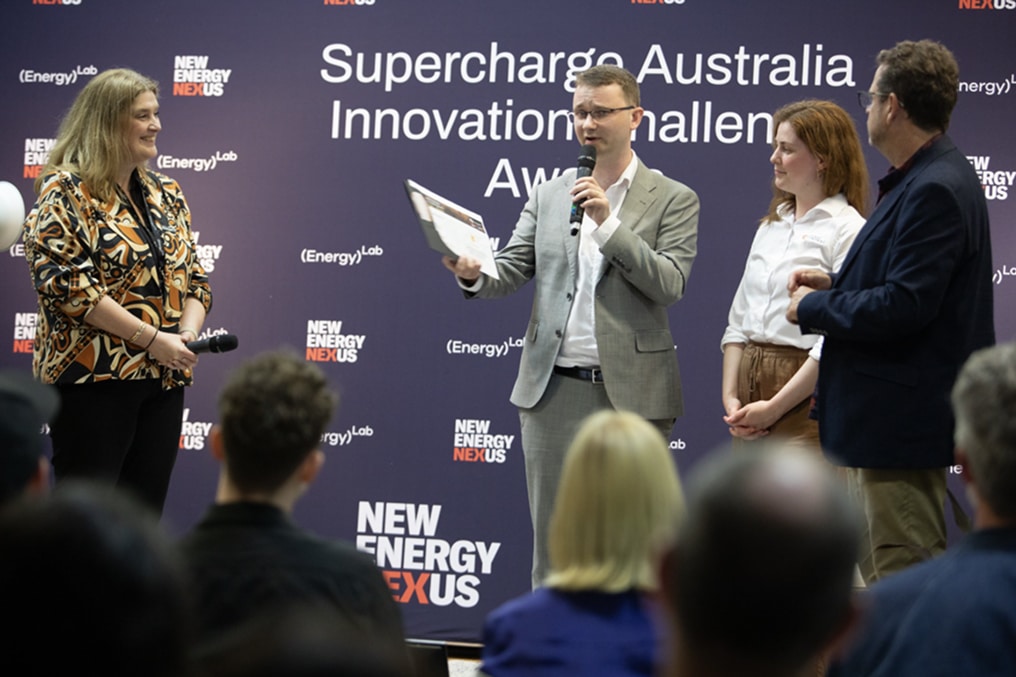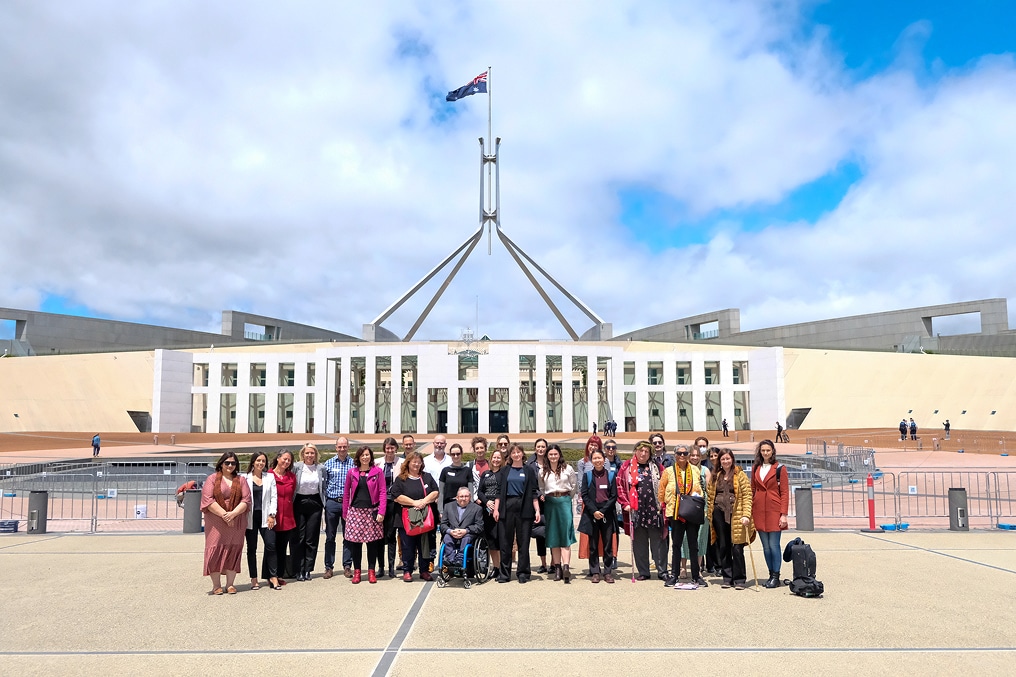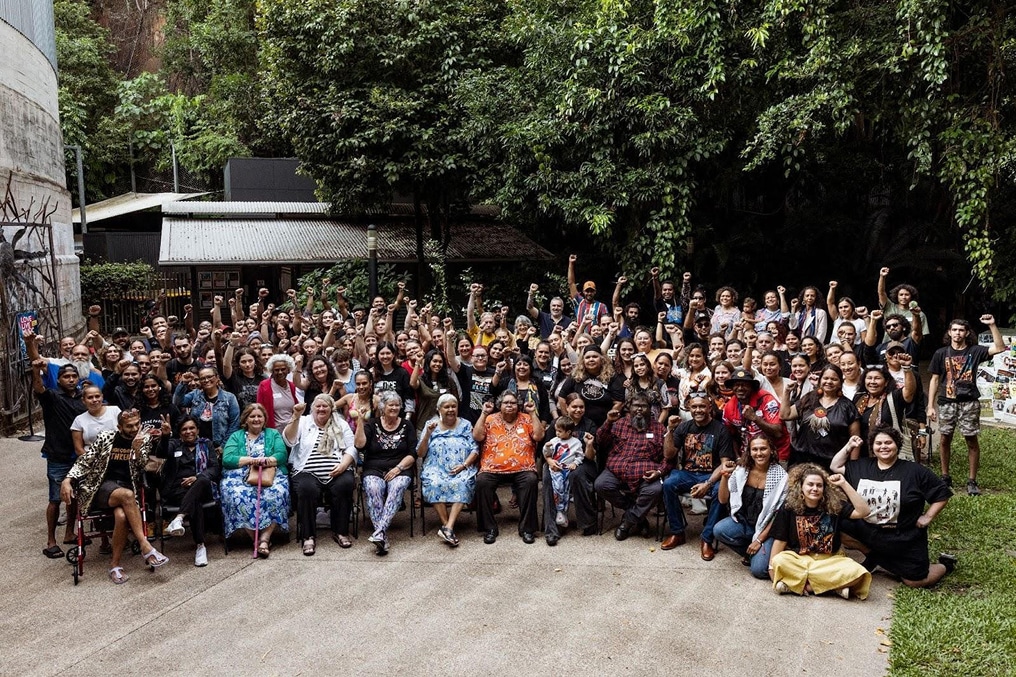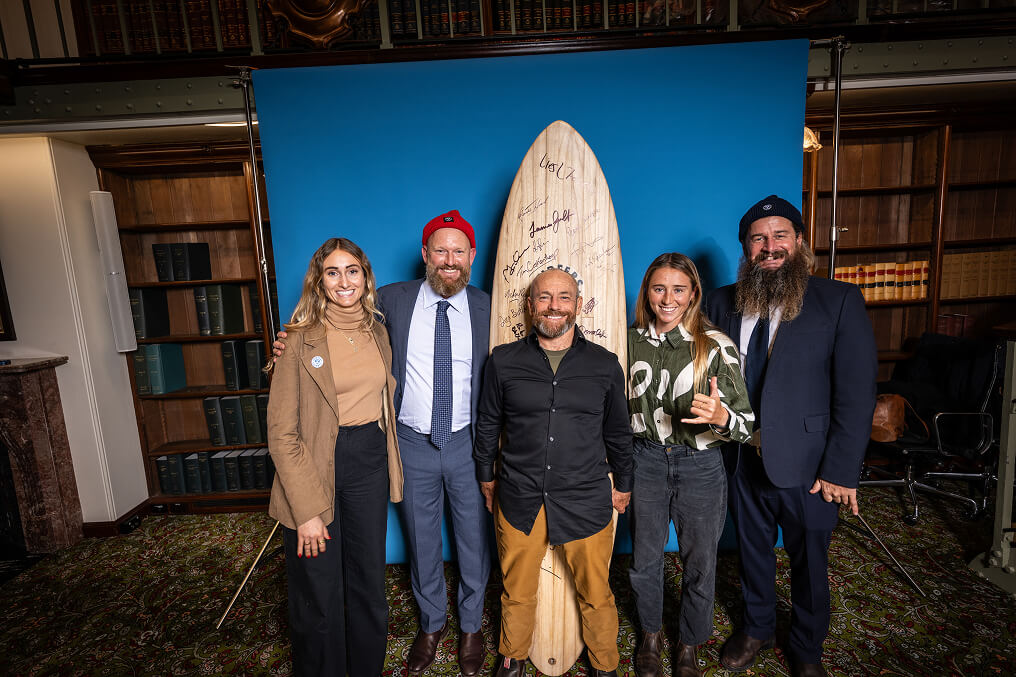Meet 12 year old Sam, one of the Sydney Story Factory’s bright stars…
Sam has been writing creatively for over a year now, and in that time has become more confident, saying he finds new ideas more easily. He also sees more complexity and richness to the narratives and characters he now builds. Describing the joy of being an author, Sam says it is “Like being a God that can change the world…could flood the whole of a page”. For this ten year old, inventing worlds with words is like having an “elemental power”.
Sam is one of the five thousand young people to date to engage with the Sydney Story Factory, a creative writing centre for primary and high school students (7-17years). It was founded by two journalists so inspired by a TED talk on a writing centre in San Fransisco, 826 Valencia, that they launched their own version in Redfern. Since the doors opened in 2012, the organisation has been “Igniting the spark of creativity in every child, one story at a time”. Their zesty and community-focused projects introduce students to creative processes that generate original stories, poetry, newspapers, magazines and scripts, radio plays and any other literary outcome you might think of. All workshops (held in-school, after school, on Sundays or over the holidays) result in finished, publishable products, some of which are sold through the self-made “Martian Embassy and Gift Shop”. Amy Mortimer, who is writing a PhD on the Sydney Story Factory, describes the centre as “an oasis of escapism” for everyone involved, a quiet (and addictive) place charged with creative freedom and flight.
As well as generating enthusiasm for writing, the work of the Sydney Story Factory explicitly aims to improve writing skills, build self-confidence, and deepen engagement with learning. A research team from the Faculty of Education and Social Work at the University of Sydney is currently evaluating the program’s impact. This includes following case study participants such as Sam, and using a newly designed writing analysis framework to holistically evaluate changes in young people’s writing over time. The interim findings of the longitudinal study reveal significant improvement in levels of creativity. That is, the young people have more experience and skill in exercising discipline, imagination, inquisitiveness, collaboration and persistence. The educational, social and emotional benefits of the program, say the researchers, “make a significant contribution to international research about the centrality of quality arts experiences in the lives of young people”.
The Sydney Story Factory’s formula for success relies on its intimate one-on-one tutoring approach and small group workshop environment. There are now over a thousand trained volunteer tutors who pledge their time so that participants are personally guided by a teacher, writer, editor or community member. Evidencing the reciprocity often inherent in quality learning experiences, one author says, “I benefited for the usual reasons that volunteering is satisfying and rewarding (the look on the boy’s face as he read from his printed book!) but also as a writer, working with the kids reminded me of basic principles in the creative process that don’t change no matter how old you are. I remembered writing my first stories…”
While the Sydney Story Factory is open to all young people, over 70% of participants come from Indigenous and non-English speaking backgrounds. That every student can attend at no cost makes the program highly accessible. The creative encounter, reports the research team, has shown to make positive changes in young people’s self perception: “They began to see themselves as better learners and more creative thinkers, who are increasingly capable of having, owning and expressing individual ideas.” This confidence can also have a domino effect within home and school environments. In this context, conventions like “Once upon a time” are more than whimsical invitation or fancy. Through story making, and learning how to artfully express thoughts and feelings, young people are finding, and fuelling, their creativity, voice and autonomy.
This is an example of an excellent creative learning program featured in Dr Julie Robson and Teya Dusseldorp’s paper, ‘Creative Learning: A Necessity not an Option’.
Click here to read more.
